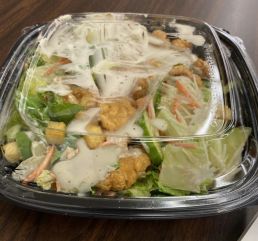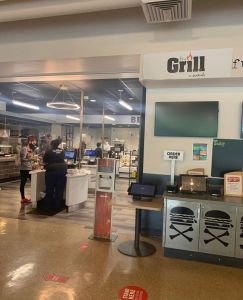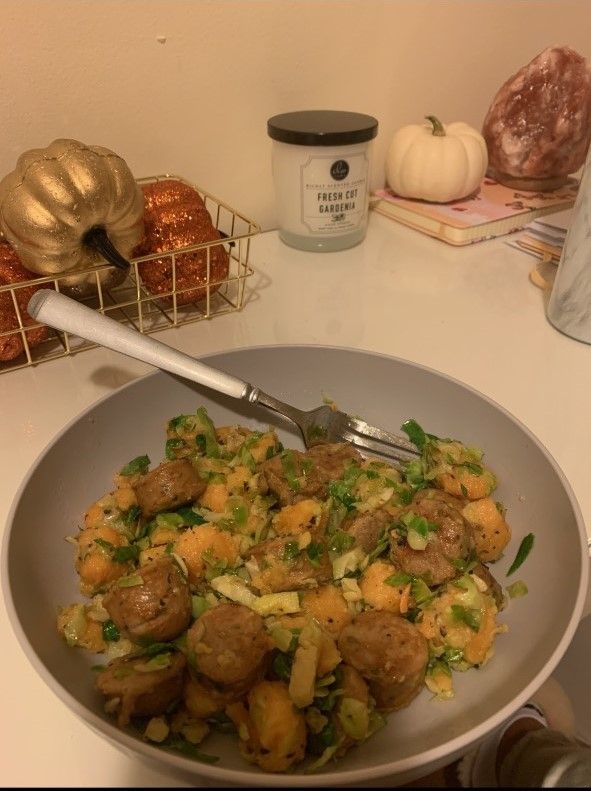The change to online learning has had many negative effects on students and faculty. For some, the time to eat is taken up to finish work. This has lead to issues where students and faculty skip meals, alter diets and challenge their regularly scheduled meals.
“I have skipped meals to get work done. At this point, it’s a normal routine,” Gabriel Cano, senior Spanish education major, said.
It hasn’t been an easy transition for Cano. Throughout his normal routine, he would have three sometimes four meals a day and now he’s down to one or maybe two depending on the work he has to do. He’s focused on his graduation so he puts more time into his work than having a substantial amount of meals.
“At first my body was grumbling and asking me to eat, but now it’s such a normal thing that my body has become used to skipping meals,” Cano said. “I usually skip one or two meals throughout the whole day to focus on work.”
Skipping meals in order to get work done has been a recent trend for students and online learning. The time constraint doing homework before the deadline adds frustration to the already stressful times making little to no eating time.
“I feel like schoolwork requires a lot of your own time and space. Now that my work requires more focus, the time I would have taken to eat just goes towards my work,” Cano said. Finding time to eat becomes difficult when the work becomes heavier and deadlines approach quicker.

For Kevin White, junior computer and information sciences major, it’s a similar schedule. “I feel as though my eating habits have changed. I eat less throughout the day because of school work,” White said.
The timing of his meals has been irregular and inconsistent since switching to online classes. His diet has consisted of quicker meals or frozen foods so there’s no prep time or maneuvering.
White said, “Having 9 a.m. classes gets me up to eat a meal early in the morning and then I work throughout the day and eat late at night around 9-10 p.m.”
It’s a different situation with Catherine Mulligan, junior accounting major, who finds herself on a mostly regular eating schedule.
“I never skip meals to get work done, I can’t work on an empty stomach,” Mulligan said. She also explained that even though her eating habits have decreased since online learning, her schedule still allows her to have a light lunch.
“I usually go for easier meals to cook so it takes less time, like precooked or frozen meals from Trader Joe’s,” Mulligan said.
For Tracy Eels, general manager for Sodexo dining services at Cabrini University, has a different schedule. She skips three to four meals a week in order to get work done. While racking up five to six hours a week to finish work.

“I eat the dining food when I’m at Cabrini, but when I’m home I cook home-cooked meals,” Eels said. “I’m making my own lunch and dinner.”
She’s noticed a few changes with students on campus who dine in The Cav, The Grill and Late Night. “Kids are eating more at late night with their rollover flex from last spring since it’s something they’ve never had before,” Eels said.
“I eat to eat, not to pass time,” Cano said.



